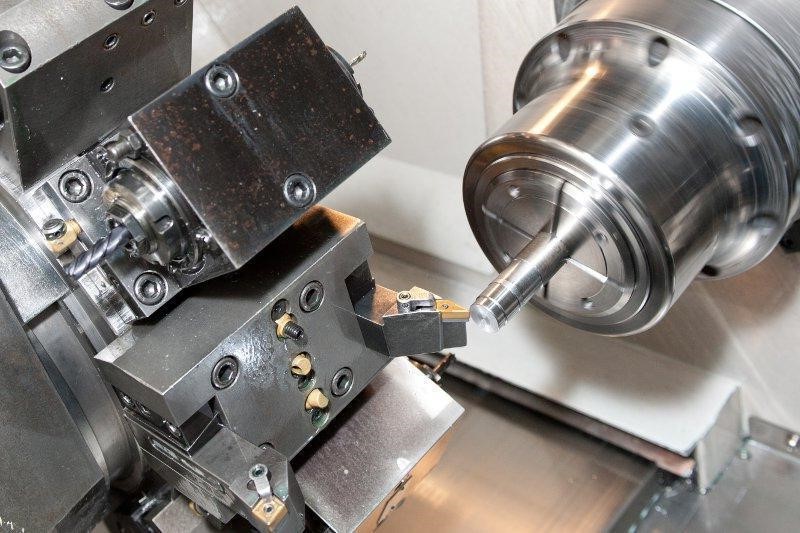Success in today's cutthroat manufacturing environment depends critically on accuracy and productivity. The manufacturing sector has seen a transformation with computer numerical control (CNC) machining, especially in intricate applications like the production of injection molds. This cutting-edge technology has a big impact on the bottom line in addition to improving product quality. Let's examine how manufacturing activities are transforming with precision CNC machining in China.

Automated Precision and Consistency
Through computer-controlled operations, CNC machining ensures previously unheard-of levels of accuracy in production processes by eliminating human error. With tolerances measured in microns, this accuracy is particularly important for creating production injection molds. The automated methods cut down on waste and rework while maintaining a constant level of quality throughout manufacturing cycles. Moreover, modern CNC machines can run around the clock with little oversight and keep the same degree of accuracy across long production cycles. This dependability lowers manufacturing costs by resulting in fewer flaws and higher-quality products.
Reduced Material Waste
Sophisticated software is used by modern CNC systems to maximize material utilization. In order to reduce the generation of waste, the technology determines the most effective cutting routes and material usage patterns. In applications involving expensive materials, where even modest waste reductions might result in substantial cost savings, this optimization can be extremely advantageous. As cutting operations are precisely controlled, less material is lost due to mistakes or over-removal, and leftover material is frequently used to make smaller components.
Faster Production Cycles
When compared to conventional manufacturing techniques, CNC machining's speed and efficiency significantly cut down on production time. These devices may do intricate tasks simultaneously, greatly cutting down on the amount of time needed to finish each component. Advanced tool-changing systems and multi-axis capabilities allow for complex parts to be completed in a single setup, eliminating the need for multiple machines or operations. In addition to increasing productivity, this faster speed also lowers labor expenses and speeds up delivery.
Enhanced Design Flexibility
As CNC programming is digital, changes may be made quickly and without expensive tooling changes or production delays. This adaptability is crucial for modern industrial settings where product modifications and iterations are common. The capacity to easily transition between several designs also facilitates effective small-batch production, which helps producers better meet consumer expectations.
Lower Long-term Operating Costs
Even though CNC machinery may need a large initial investment, there are tremendous long-term cost savings. Significant operational savings result from the combination of lower labor costs, less waste, quicker production times, and consistent quality. As CNC machines have standardized parts and service intervals, maintenance expenses are also more predictable. The technology maintains high productivity levels while lowering labor expenses because it may function with little oversight. Furthermore, because CNC machining is precise, there are fewer warranty claims and quality-related costs.
Key Takeaways
An important advancement in cost control and industrial efficiency has been made with the incorporation of precision CNC machining into manufacturing processes. These systems become more complex as technology develops, providing manufacturers with even more advantages. Businesses that use CNC machining put themselves in a better position to compete in a global marketplace where accuracy, speed, and affordability are essential success criteria. Technology is a necessary investment for contemporary industrial processes because of its impact on quality, efficiency, and cost reduction.
















